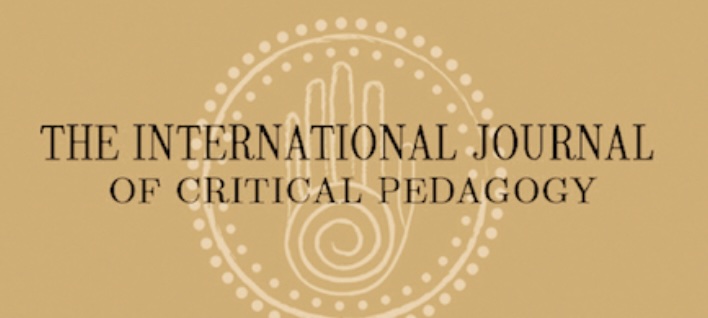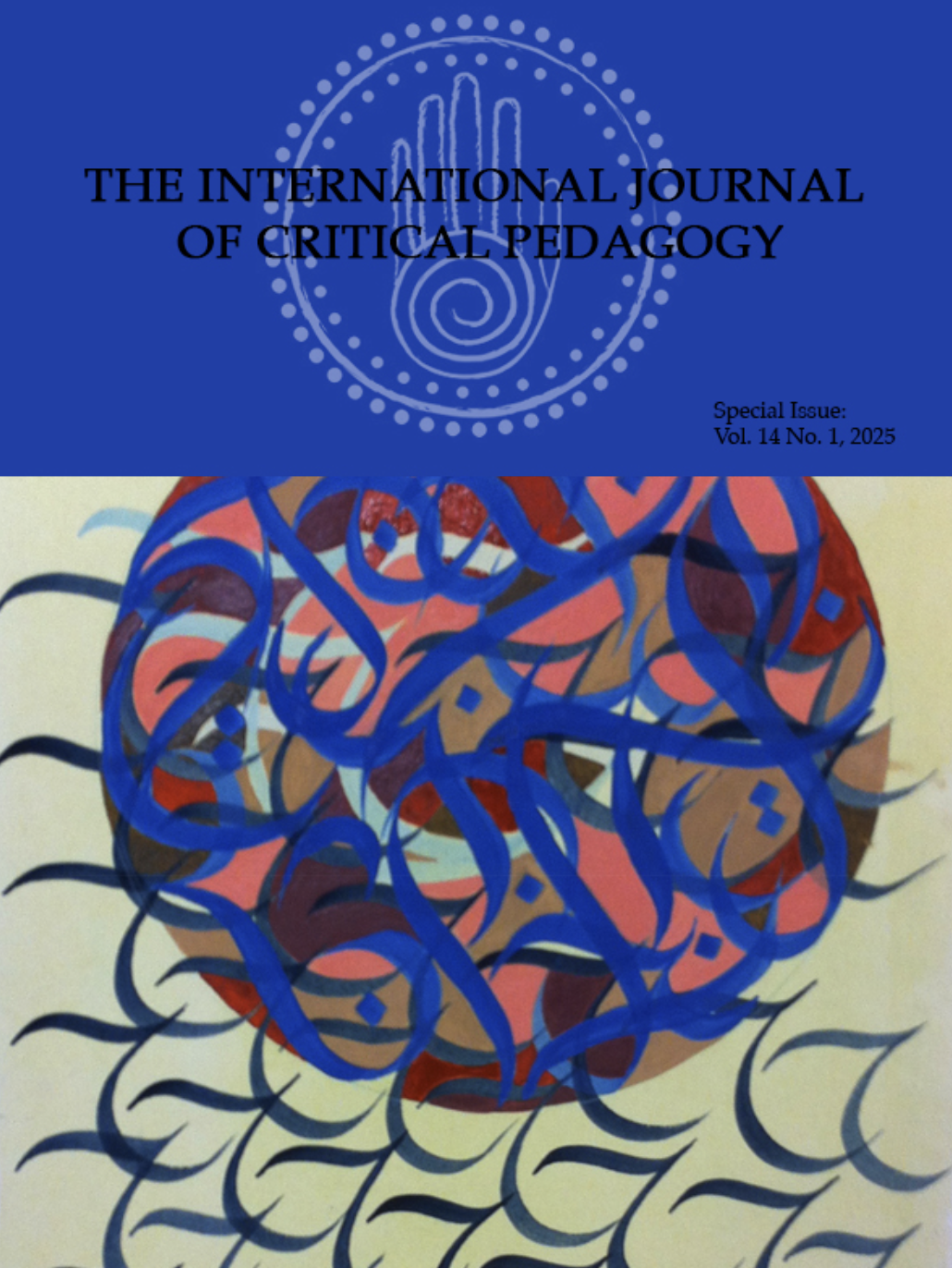Abstract
As a response to increasingly technocratic, top-down teacher professional development that we refer to as antidialogical professional development (APD), this article theorizes a model of critical professional development (CPD) where teachers are engaged as politically-aware individuals who have a stake in teaching and transforming society. Illuminating three US based case studies of CPD that emerged in response to the unmet needs of justice-oriented teachers- The People’s Education Movement, New York Collective of Radical Educators’ Inquiry to Action groups, and the Institute for Teachers of Color Committed to Racial Justice- this article uses Freire’s framework of dialogical action to analyze shared critical practices. In each independent case, teachers were engaged in a cooperative dialectical process, there was a strong emphasis on unity amongst participants around their social justice goals, the structure was organized through shared power between teachers and organizers, and teacher and student needs were centered using a practice of cultural synthesis. Reframing the possibilities of teacher professional development through this model of critical, dialogical practice, this article offers a critique of the banking methods and technical content traditionally used within APD, and provides insights into how teachers can successfully be positioned as experts in their own social justice-oriented professional growth.
Keywords: teacher professional development, social justice education, critical pedagogy, Freire
How to Cite:
Kohli, R., Picower, B., Martinez, A. N. & Ortiz, N., (2015) “Critical Professional Development: Centering the Social Justice Needs of Teachers”, International Journal of Critical Pedagogy 6(2).
Downloads:
Download PDF
View PDF

